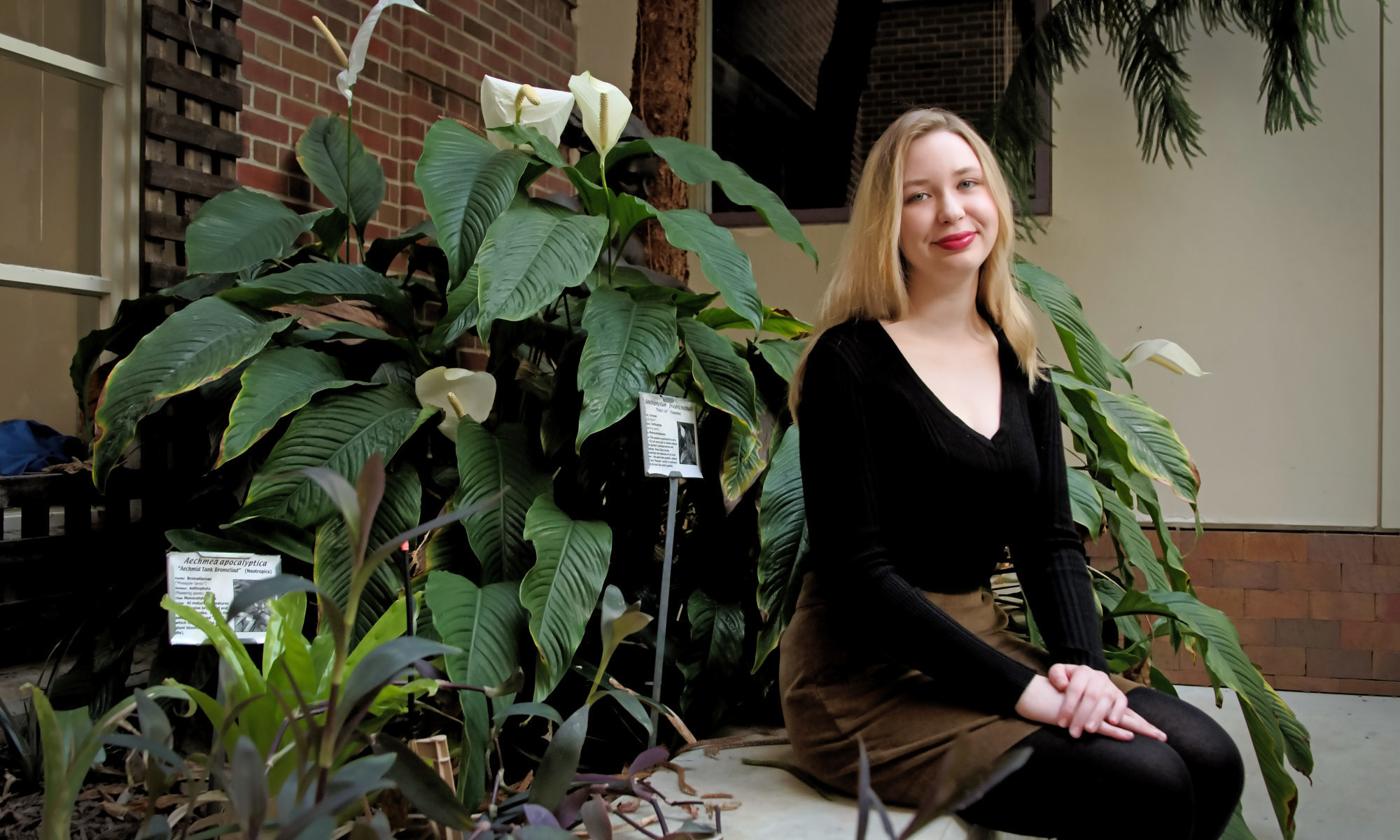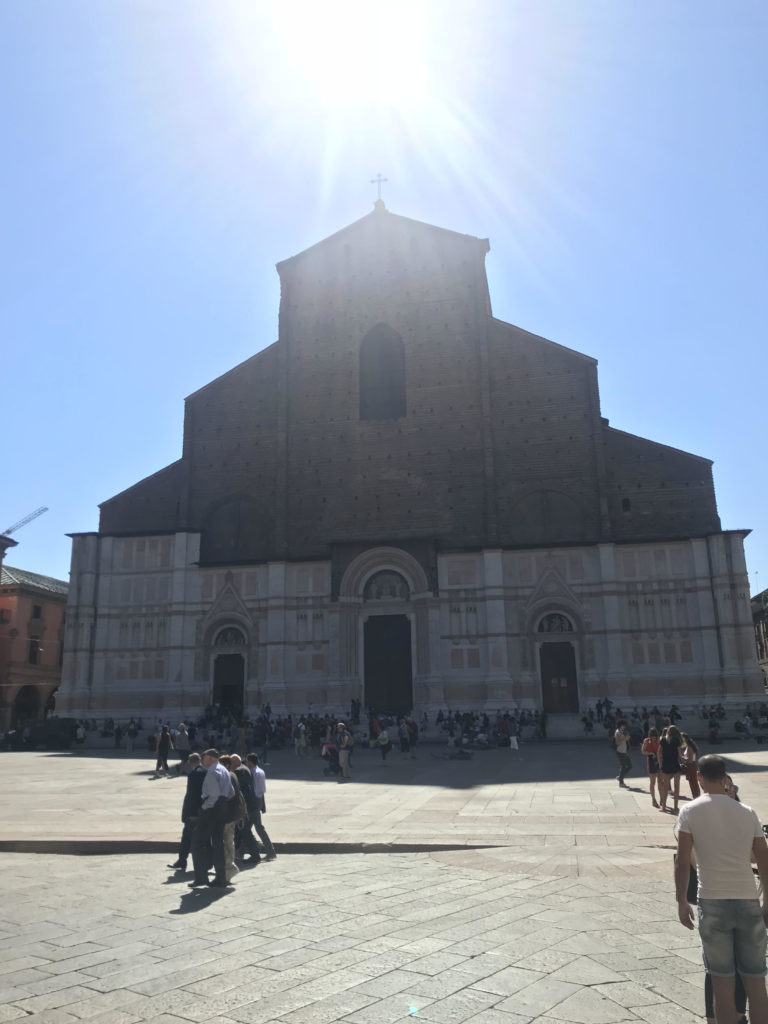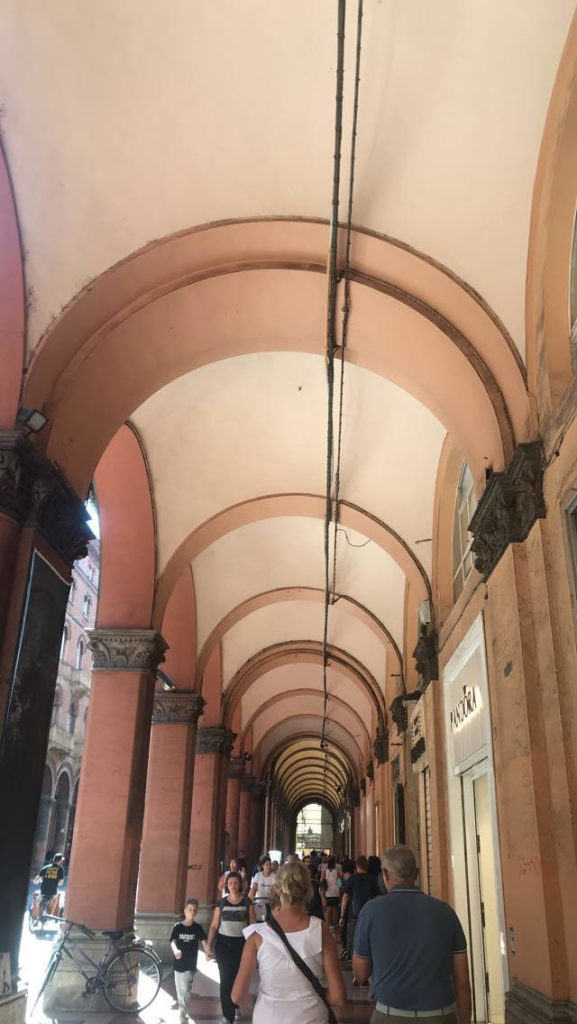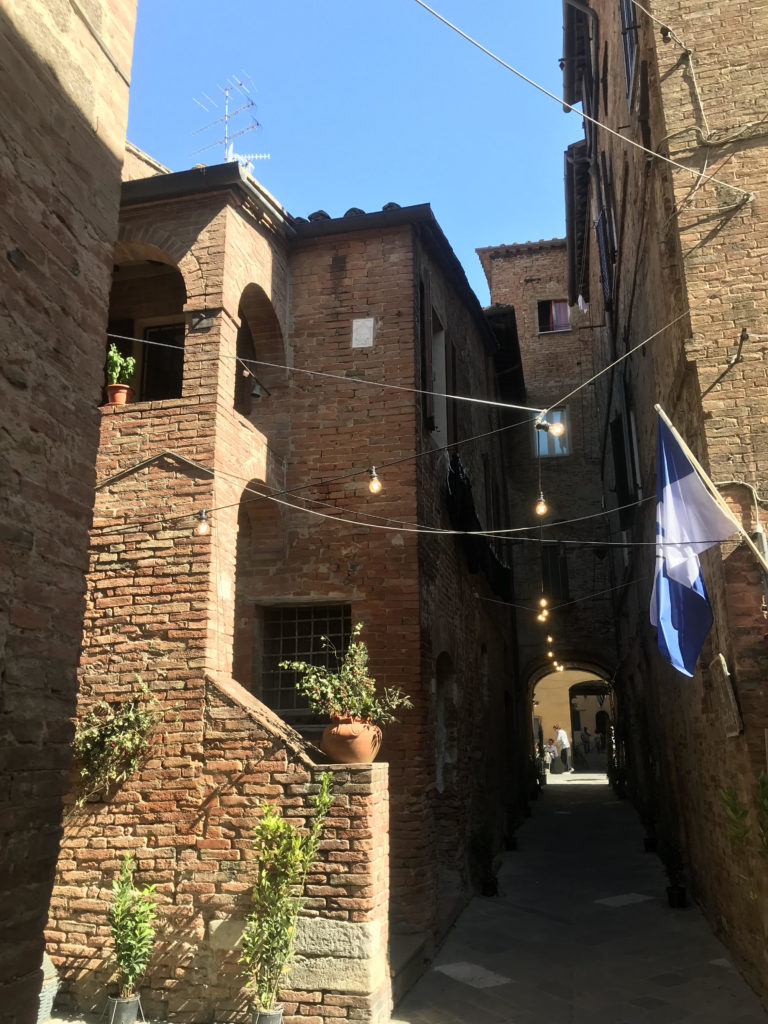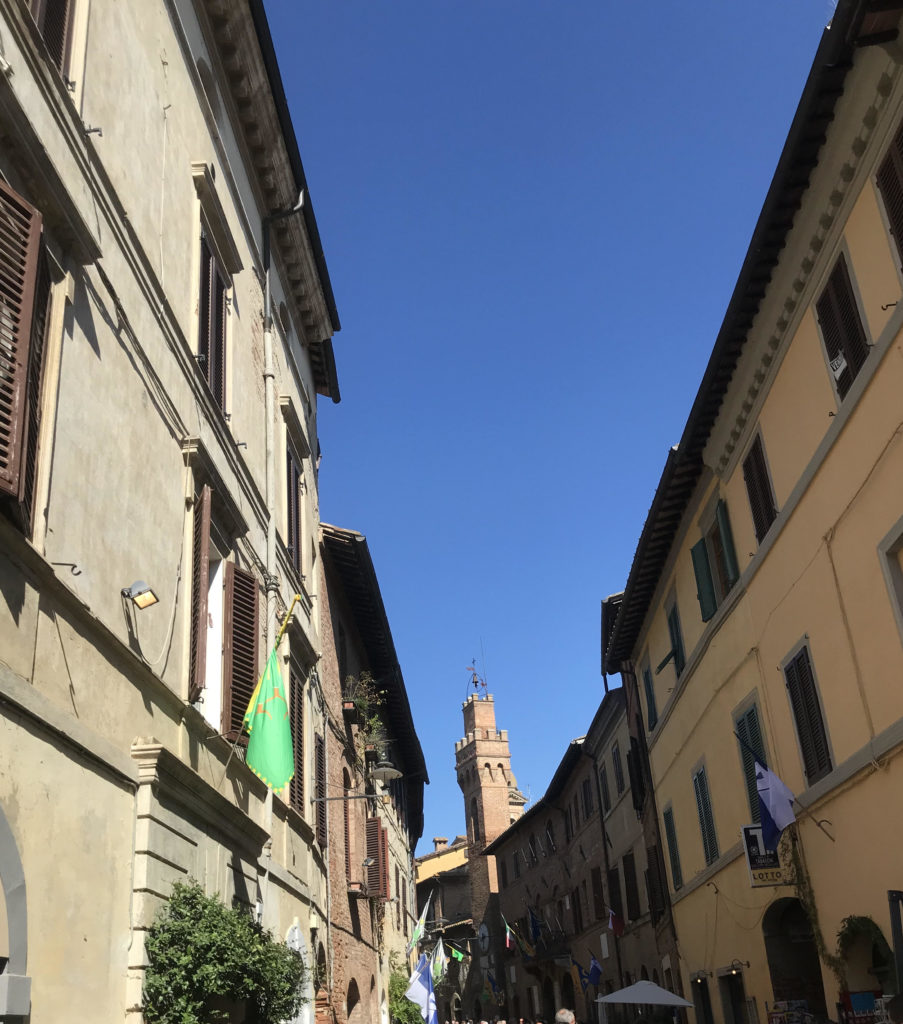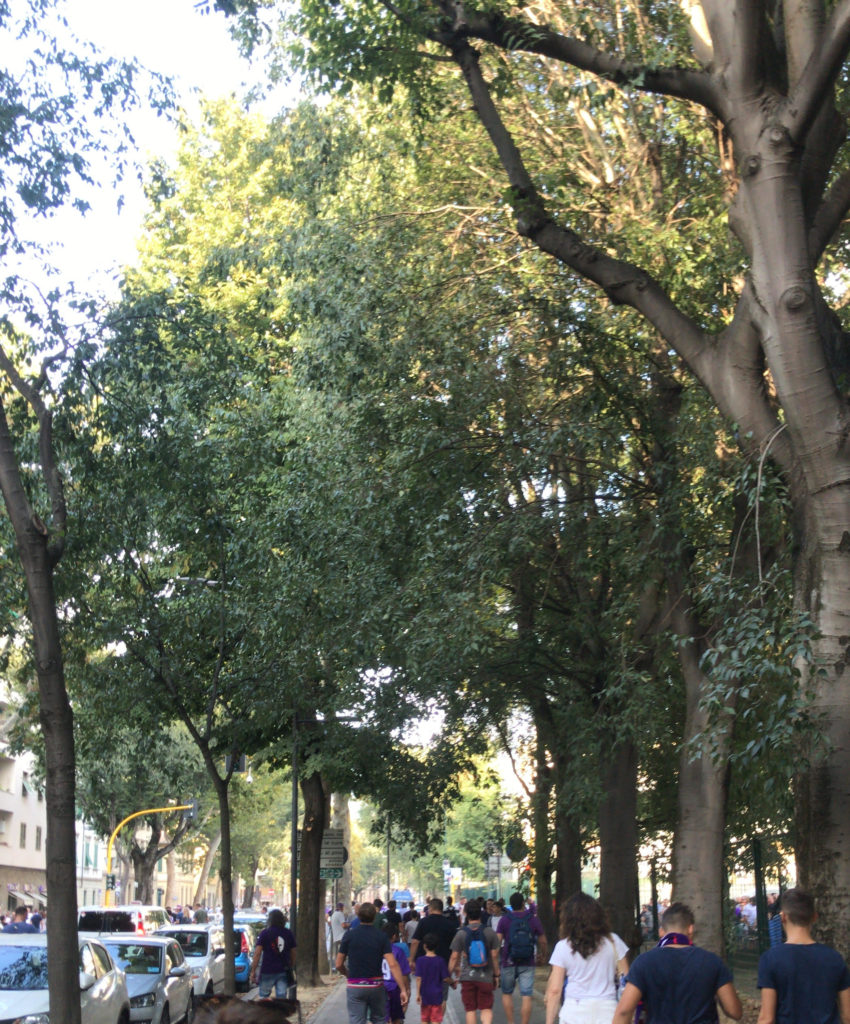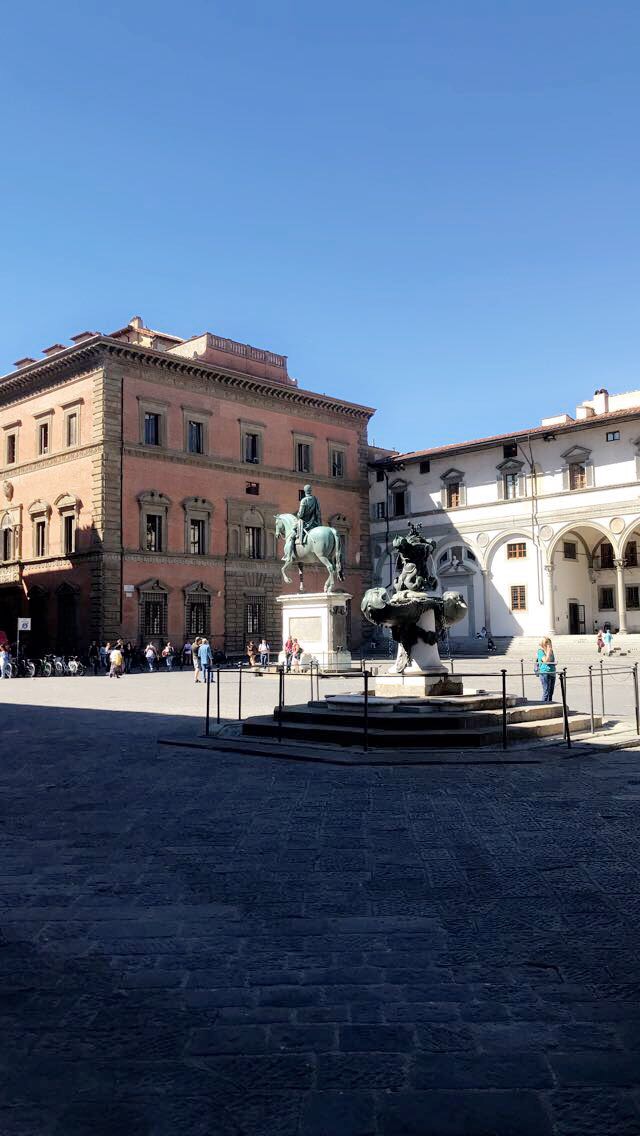My past two weekends have been spent going on day-trips first to Bologna and then to a tiny village in Tuscany named Buonconvento. I knew that before coming to Italy that one of my priorities would be to try and travel around the country as much as I could. Because there is such a convenient train system, it has been much easier than I expected to plan short trips.
A nagging impulse of wanderlust is somewhat of a prerequisite for a prospective study abroad student; to draw back the curtain of familiarity to reveal a wealth of new experiences. One of which is without a doubt being faced with a sharper degree of independence.
Traveling without any type of supervision has been a little strange in that there is no teacher or parent to hold your hand or to keep you on schedule. While this may involve getting lost (temporarily), it has allowed me to really take my time to explore the place that I’m in.
I didn’t have any idea how Bologna would compare to Florence before going, but after spending the day there I noticed that the energy of the city was unique unto itself. Bologna is more provincial and spread out, with its portico-ed promenades and neighborhood streets dotted with restaurant after restaurant. It exudes a humble charm. On the other hand, the combination of Florence’s staggering architectural masterworks and narrow alleyways lends itself to a more eclectic sort of chaos.
The next weekend we exchanged our modern train for another mode of transportation prized more its form than its function: un treno a vapore. Taking a steam train from Siena to the tiny Tuscan village of Buonconvento for the day was like something out of a movie.
It’s impossible to not become swept up in the romanticism of such a place, which appeals to sensibilities that stand directly opposed to those of the modern world. I felt like a disguised observer to a time-honored ritual as the town was filled with Italian families out for their relaxing Sunday.
We later had the chance to enjoy a traditional Tuscan feast. Eating and socializing in the Italian atmosphere par-excellence was an unforgettable time. The rhythm of lively conversation punctuated with delectable plates of food seemed both orchestrated and impromptu at the same time.
On the train ride home, I was struck by a feeling that I was starting to become more in tune with the Italian way of living. And looking out the window at the Tuscan countryside passing by, I allowed myself to melt for a moment into the fantasy of it all.
-Kate

